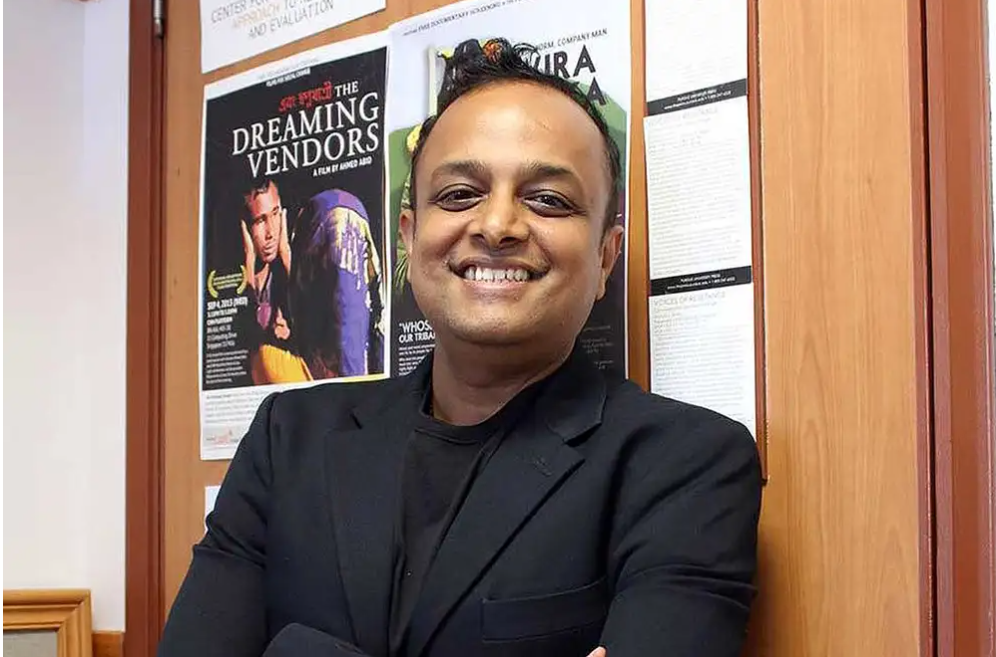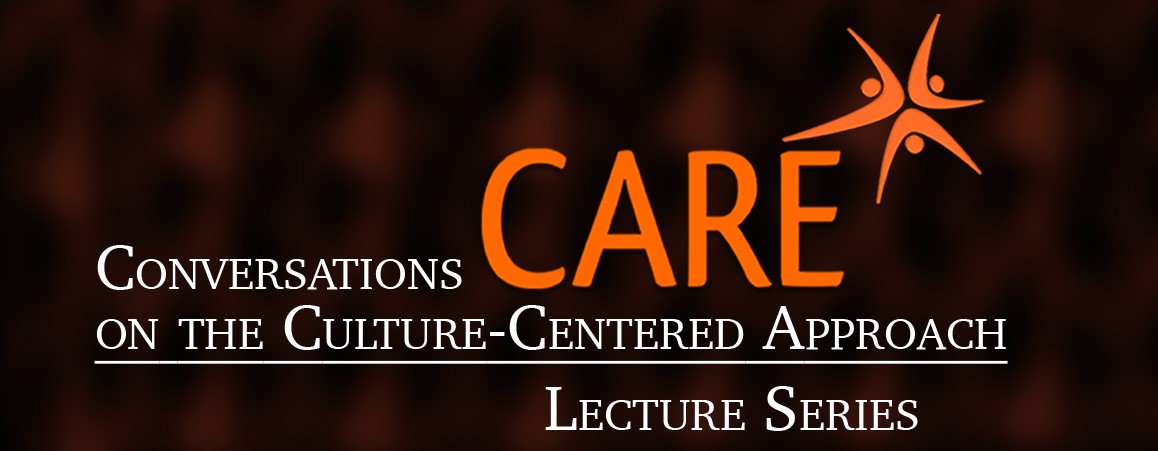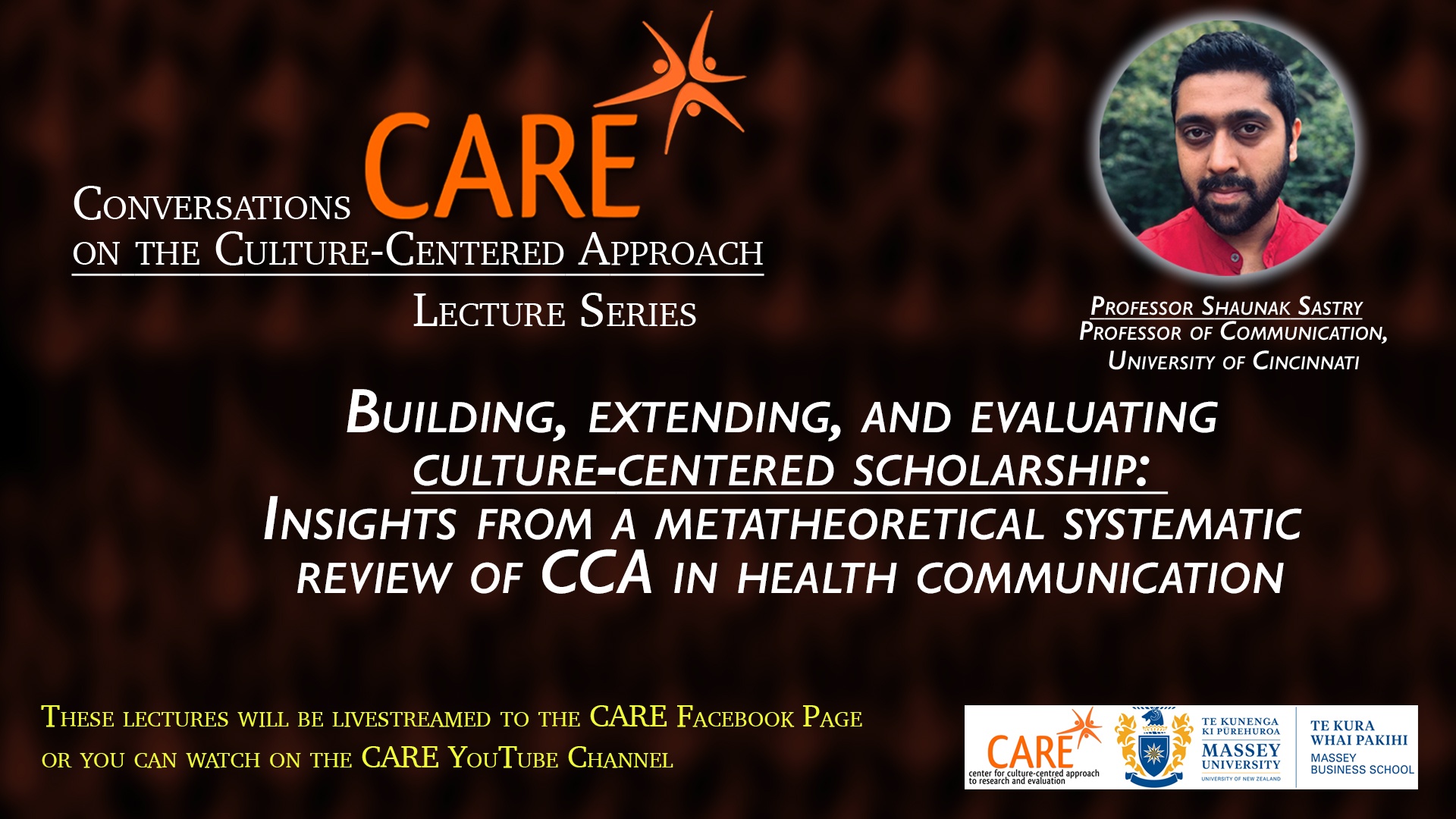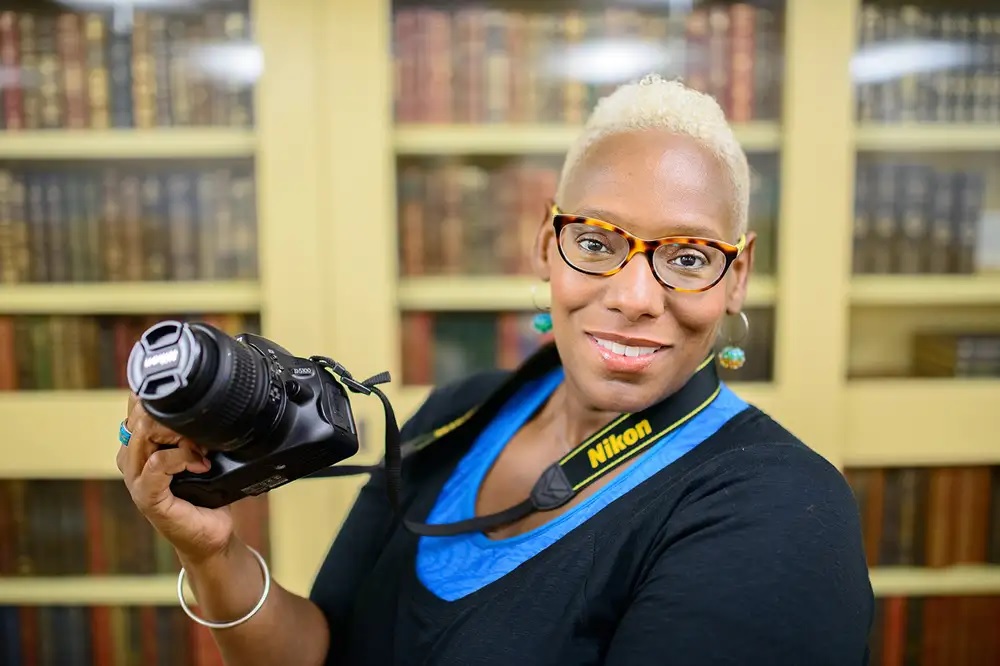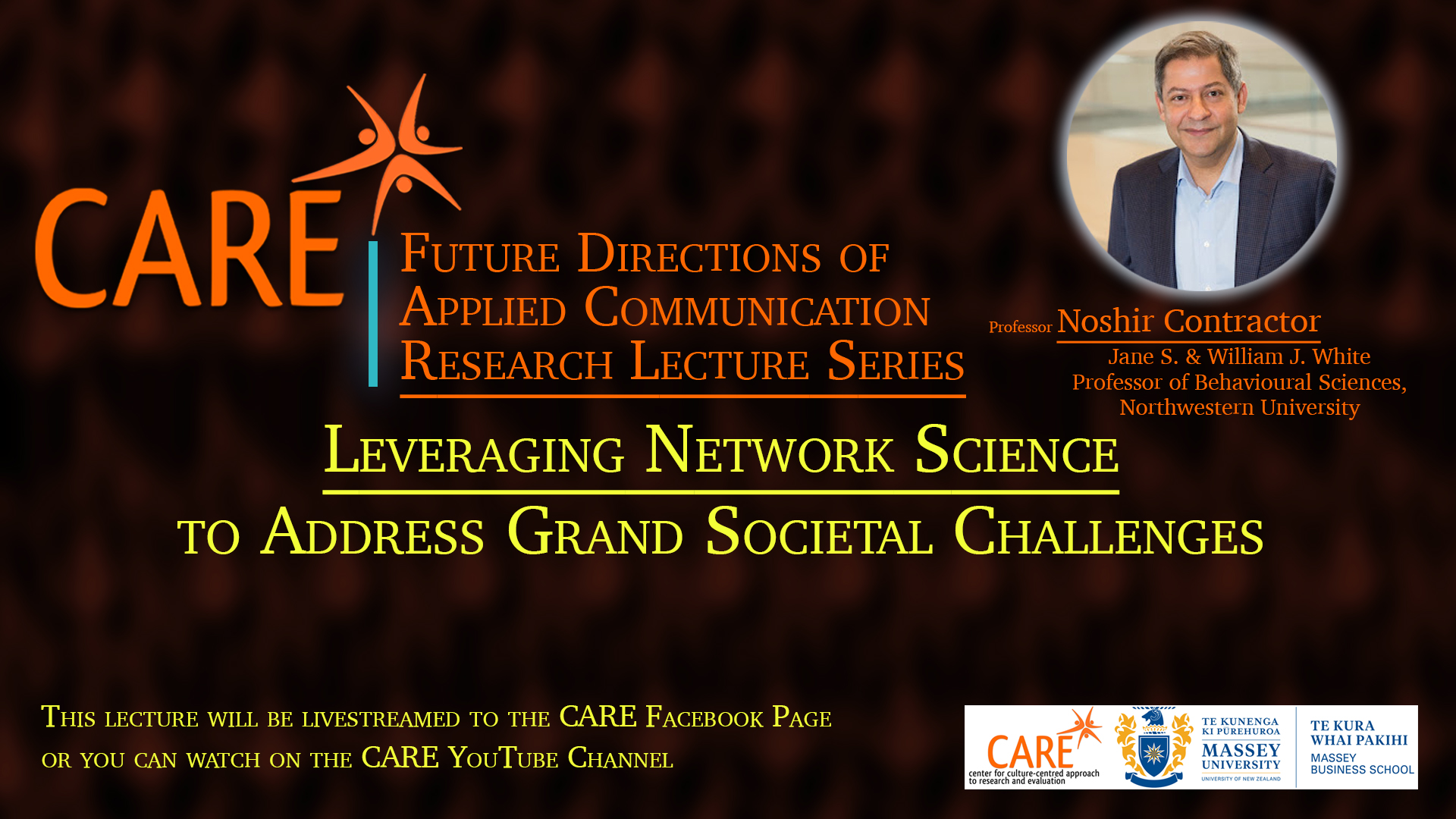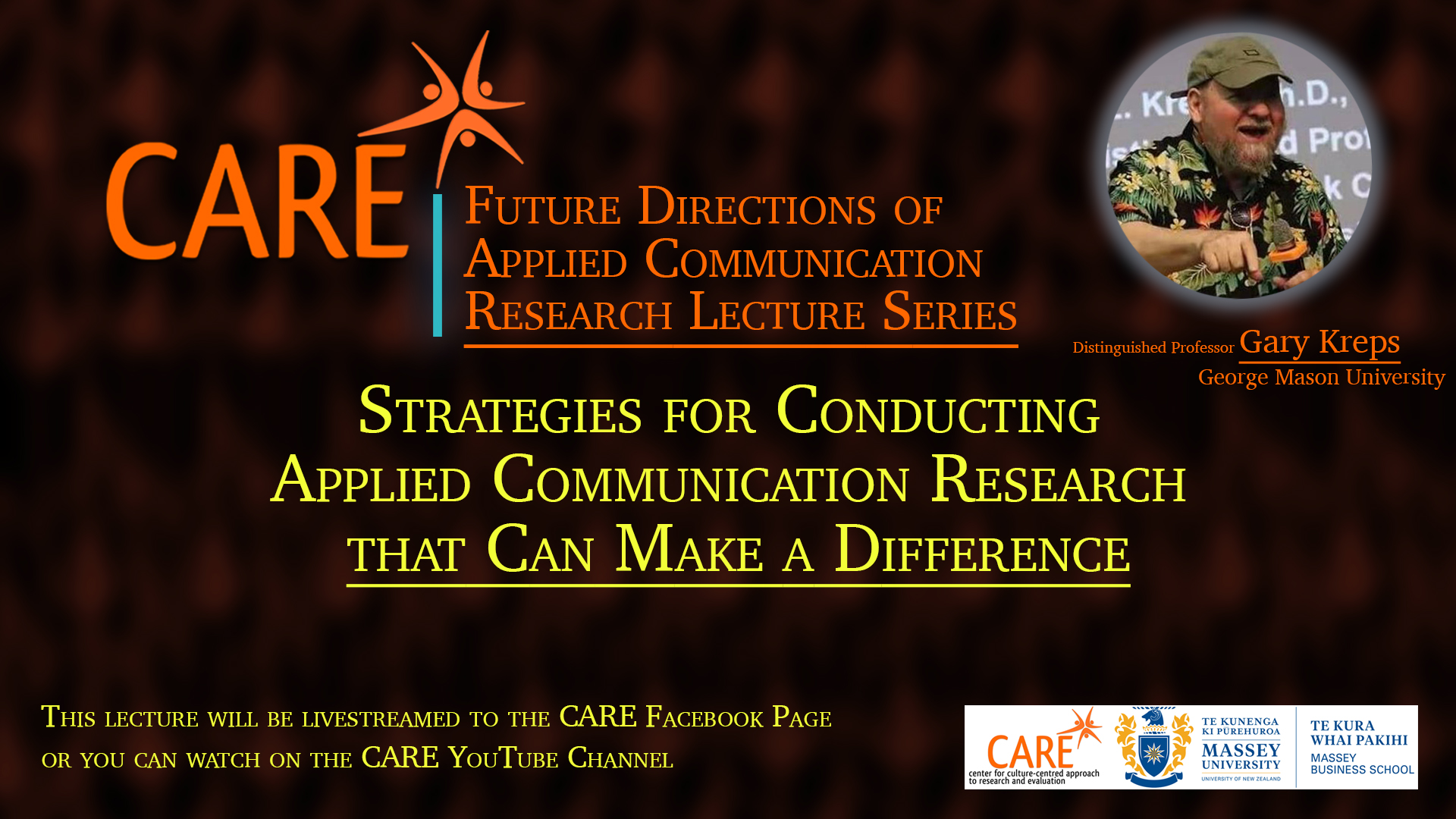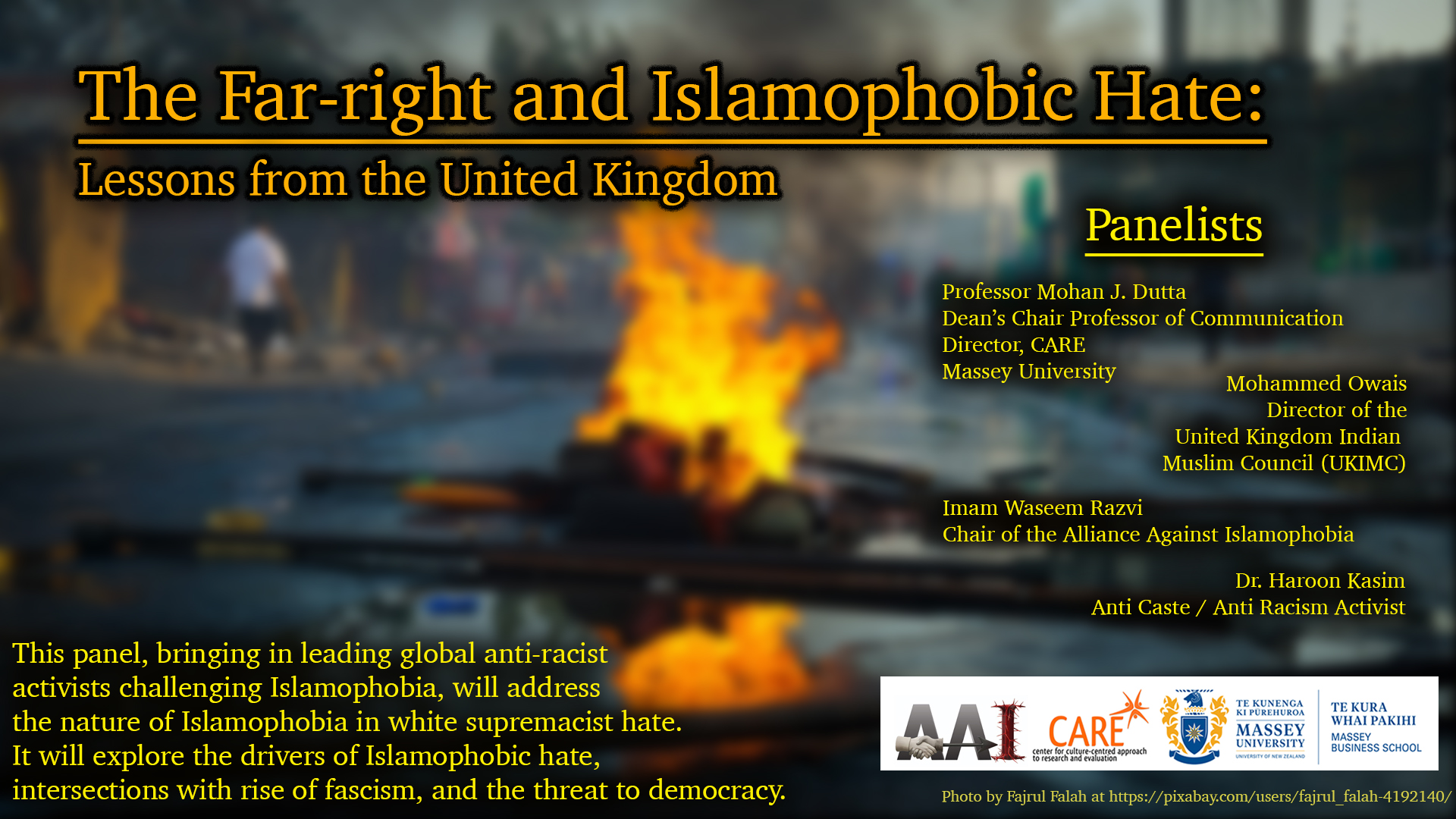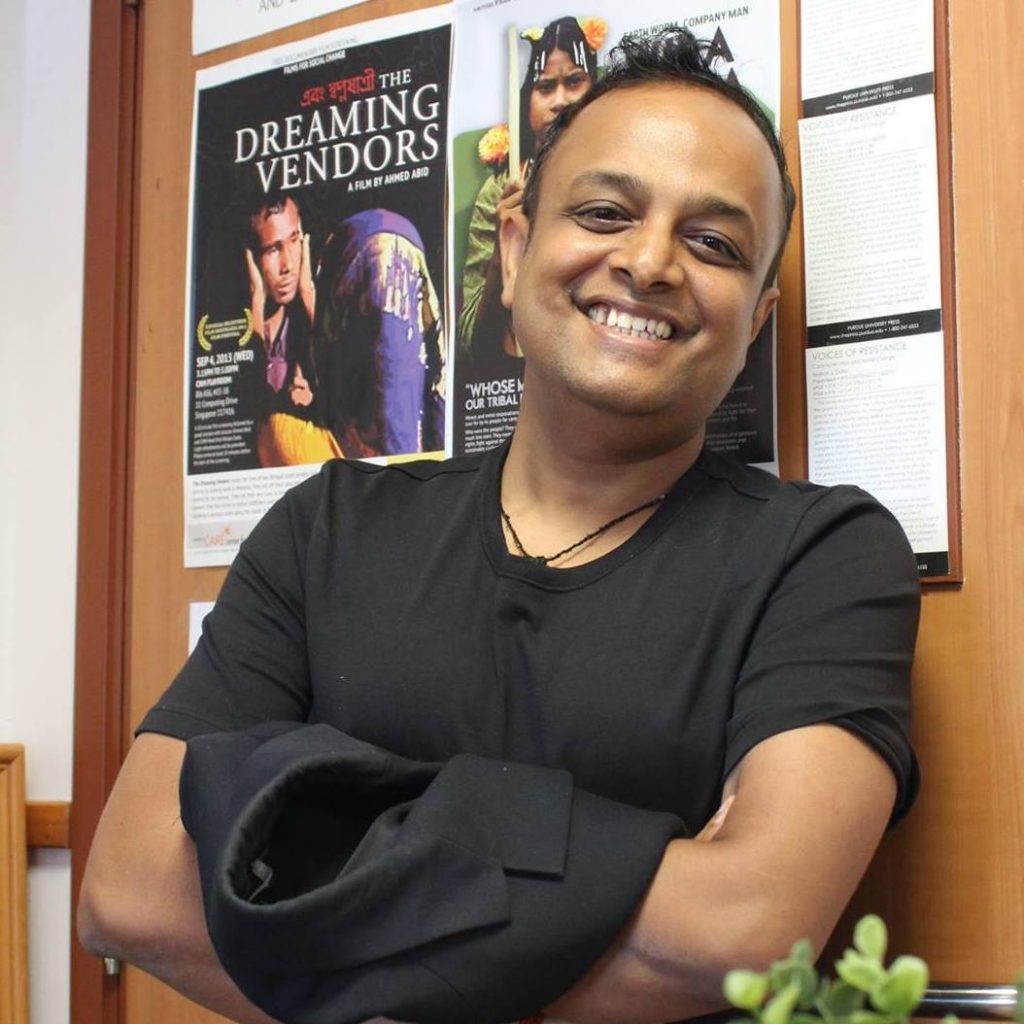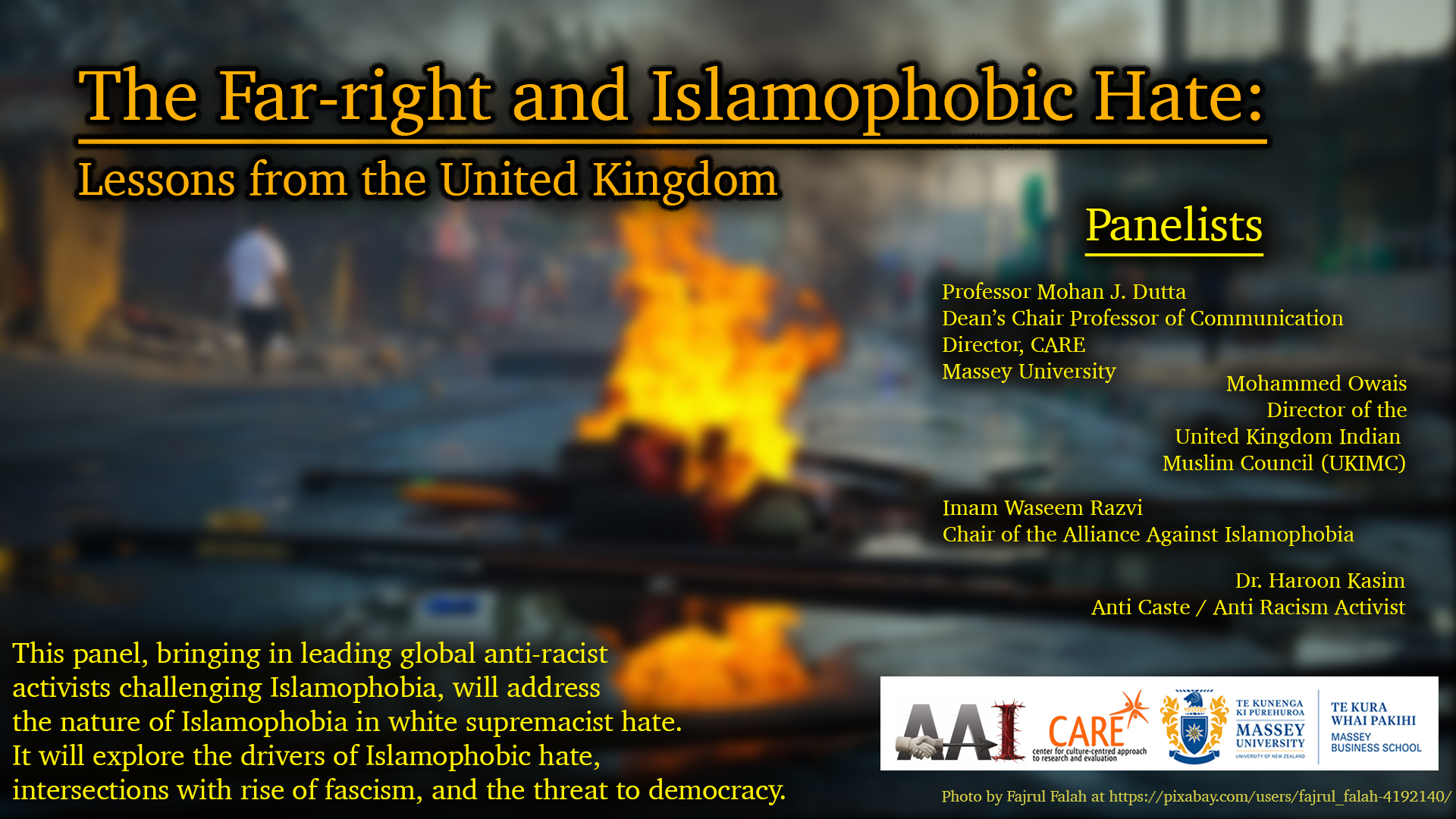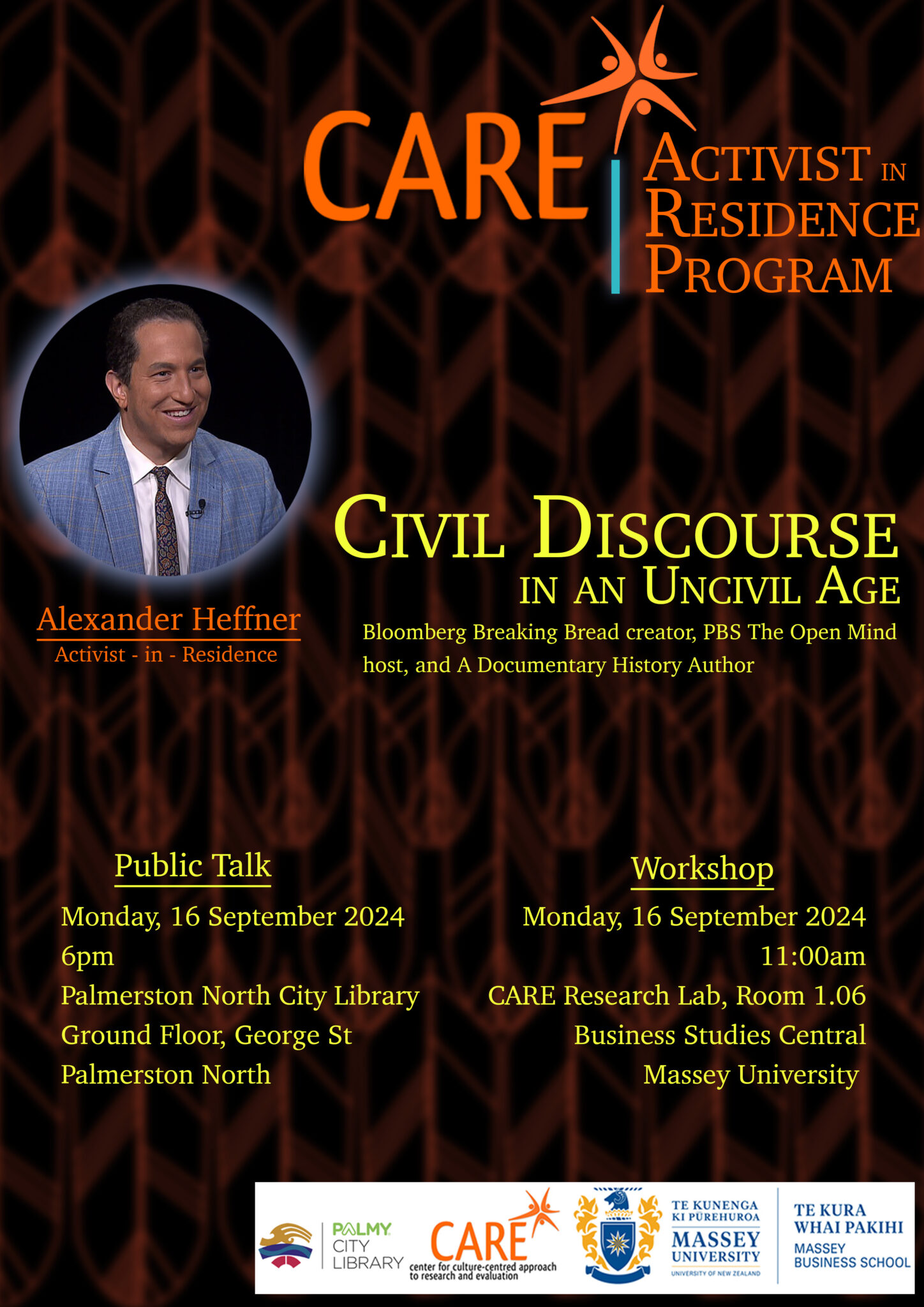The Third Lecture
Lecture 3 | Before Crisis: The Ongoing Process of Instructing and Engaging Publics
Before Crisis: The Ongoing Process of Instructing and Engaging Publics with Prof. Deanna Sellnow & Prof. Timothy Sellnow | Clemson University
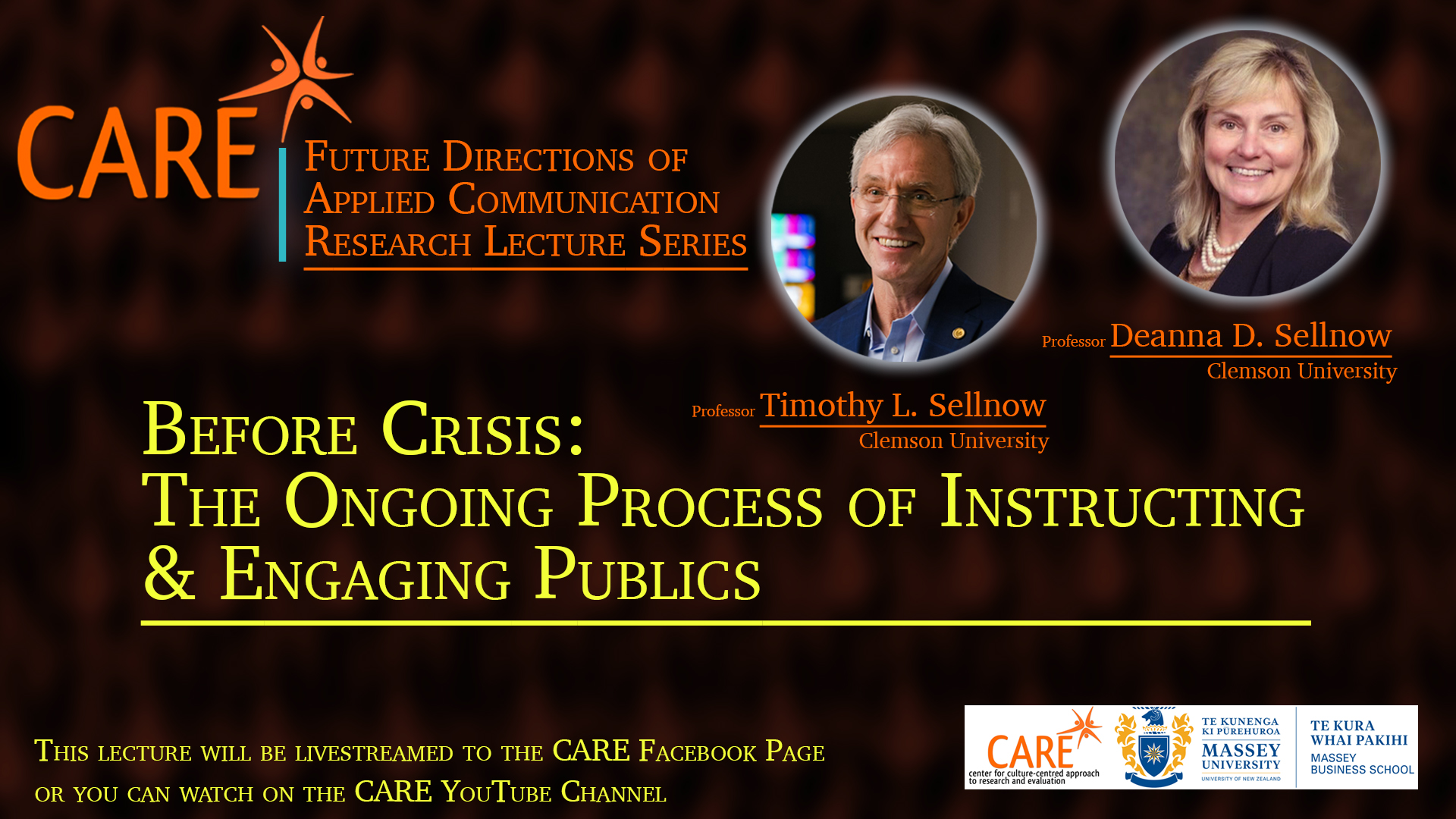
Date: Tuesday, October 1st, 2024
Time: 10 AM NZDT
Location: LIVE ON Facebook & YouTube via Zoom
Facebook: https://www.facebook.com/events/891598706215859
YouTube: https://www.youtube.com/watch?v=xO1M61EPgY8
Brief description of the lecture:
We argue that engaging diverse publics in ongoing instructional communication is critical to effectively managing risks, mitigating harms, and responding to crises in a complex global risk society. Communication theory becomes meaningful for achieving these goals only when it is applied directly to and with the risk-bearers it is intended to serve. Moreover, engaging stakeholders in the co-construction of meaning and decision-making inherent in effective instructional communication must be ongoing. In this presentation, we explore strategies for doing so effectively using the IDEA model for effective instructional risk and crisis communication as a framework.
About the Speakers:
Prof. Deanna D. Sellnow, Ph.D., Clemson University
Deanna D. Sellnow (Ph.D.) is Professor and Chair of the Department of Communication at Clemson University. Dr. Sellnow’s research focuses on strategic instructional communication in the contexts of health, risk, safety, and crisis communication (e.g., natural disasters, health, food safety, pandemics, biosecurity, terrorism, biotechnology). She has conducted funded research for the United States Geological Survey (USGS), National Oceanic and Atmospheric Administration (NOAA), United States Department of Agriculture (USDA), Department of Homeland Security (DHS), United States Department of Education (DOE), United States Centers for Disease Control and Prevention (CDC), World Health Organization (WHO), and the German Research Foundation (DFG). She is former President of the Central States Communication Association where she was inducted into the Fall of Fame in 2018. She currently serves as the founding Executive Director of the International Crisis and Risk Communication Association (ICRCA) and has been co-host of the International Crisis and Risk Communication Conference (ICRCC) since 2016. She is also past editor of the Journal of Communication Pedagogy, Communication Teacher, and the Basic Communication Course Annual. She has authored or co-authored numerous books, book chapters, and refereed national and international journal articles. She has conducted and/or presented research in a variety of countries around the world. Her most recent book, co-authored with Dr. Timothy Sellnow, is Before Crisis: The Practice of Effective Risk Communication.
Prof. Timothy L. Sellnow, Ph.D., Clemson University
Timothy L. Sellnow is a professor of communication at Clemson University. His research focuses on risk and crisis communication. He has conducted funded research for the Department of Homeland Security, the United States Department of Agriculture, the Centers for Disease Control and Prevention, the Environmental Protection Agency, the United States Geological Survey, and the World Health Organization. He has also served in an advisory role for the National Academy of Sciences, the Federal Emergency Management Agency, the International Food and Information Council, and the Food and Drug Administration. He is past winner of the National Communication Association’s Gerald Phillips Award for Distinguished Applied Communication Scholarship and past editor or Journal of Applied Communication Research. He has co-authored seven books on risk and crisis communication and has published many refereed journal articles. His most recent book, co-authored with Dr. Deanna Sellnow, is Before Crisis: Strategies for Effective Risk Communication.
#CAREMassey #CARECCA #CARELectureSeries #MasseyUniversity #ClemsonUniversity #AppliedCommunication #DeannaSellnow #TimothySellnow #RiskCommunication #CrisisManagement #InstructionalCommunication #IDEAModel #PublicEngagement #CommunicationResearch


